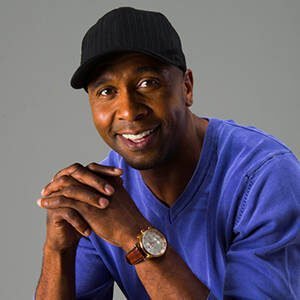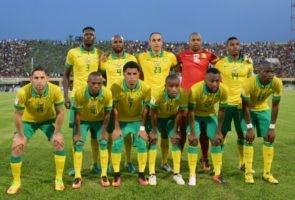As the sun paints the South African sky on April 12, the whispers of the past echo in the air. Like many threads woven into the nation’s vibrant tapestry, this date holds stories waiting to be unearthed. We embark on a journey of exploration, delving into the triumphs, tragedies, and turning points that mark April 12 in South Africa’s history.

1993: Thousands protest the killing of Chris Hani
Chris Hani, the commander of Umkhonto we Sizwe, the armed wing of the African National Congress (ANC), was shot and killed by two right-wing associates, Clive Derby-Lewis and Janusz Walus. This incident led to thousands of Blacks protesting against the killing and calling for country-wide armed uprisings, but leaders in South Africa urged them to remain calm. The killing occurred a year prior to South Africa’s first democratic elections.
1991: The ANC unveils its proposed constitutional principles
In April 1991, the African National Congress proposed constitutional principles, calling for a non-racial democratic state with a Bill of Rights and an independent judiciary. The first CODESA plenary session began on 21 December 1991 in Johannesburg.
1980: The Black Consciousness Movement of Azania is formed in London
The Black Consciousness Movement (BCM) lost its influence, leading to new groups forming. Professor Barney Nyameko Pityana then formed the Black Consciousness Movement of Azania (BCMA) in London in 1980, which was a Marxist group that used Azanian People Organisation (AZAPO) as its political voice.
1969: Lucas Radebe is born
Lucas Radebe was born in Diepkloof in Soweto. He comes from a big family of six boys and four girls. The ‘chief’, as he was affectionately known started his football career at ICL Birds before he was recruited to Kaizer Chiefs. In 1994, Lucas moved to Leeds United in Europe, where he made his mark and became a club legend. He retired there in 2005.
1942: Jacob Zuma is born
Jacob Zuma was born on April 12, 1942, in Inkandla, KwaZulu Natal. He joined the African National Congress at the age of 17 and became an active member of its military wing, uMkhonto weSizwe, in 1962. He was arrested and sentenced to ten years in prison on Robben Island for conspiring to overthrow the government. After his release, he continued to organize and mobilize the ANC underground structures in Natal. He went into exile in Swaziland and Mozambique in 1975, later moving to Lusaka, Zambia, where he became Head of Underground Structures and Chief of Intelligence for the ANC in exile. After the ANC was unbanned in 1990, he returned from exile and was appointed Minister for Economic Affairs and Tourism in KwaZulu-Natal. He was elected President of the ANC in 2007 and became President of South Africa in 2009.
1887: Chief of the Lebelo group of the Ndebele, Johannes Jane Tane Kekana, dies
Chief Johannes Jane Tane Kekana of the Lebelo clan died on the farm Leeukraal and was buried at Wallmansthal. His son, Seroto Karel Kekana succeeded him. Chief Lebelo Seroto, Kekana’s father, broke away from the Ndebele after the arrival of the Voortrekkers. He moved to Wallmansthal and then to the farm Leeuwkraal where he improved education and built a small church in 1882.


